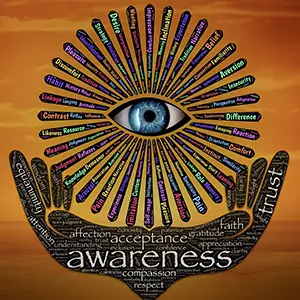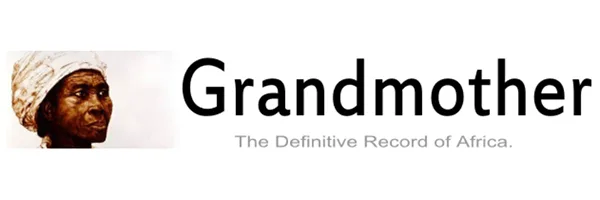A knowledge society is a term used to describe a community or nation where the creation, sharing, and dissemination of knowledge is the primary driver of economic, social, and cultural progress. Unlike an information society, which is based on the availability and dissemination of raw data, a knowledge society focuses on using information to create valuable resources that can lead to effective action. Information and communication technology (ICT) plays a crucial role in the development and growth of a knowledge society. The ICT industry has enabled the rapid sharing and transfer of information globally, paving the way for innovative solutions to societal challenges.
The theory of a knowledge society posits that knowledge is fundamental to the politics, economics, and culture of modern society. In a knowledge society, the focus is on collaboration and innovation, with knowledge-sharing platforms forming the backbone of the economy. The rise of knowledge-sharing platforms such as MOOCs, and open-source software development tools demonstrates the potential of a knowledge society. The transformation of the economy has led to new opportunities for knowledge work, which is becoming increasingly important in driving economic growth and job creation.
One of the challenges of a knowledge society is the digital divide, where certain groups in society have limited access to technology and knowledge resources. To address this issue, leaders and policymakers worldwide must understand the importance of knowledge societies and take steps to create and deploy initiatives that will universally benefit all populations. Initiatives such as public access to the internet and community-level technology literacy programs have the potential to close the digital divide and create a more equitable knowledge society.






